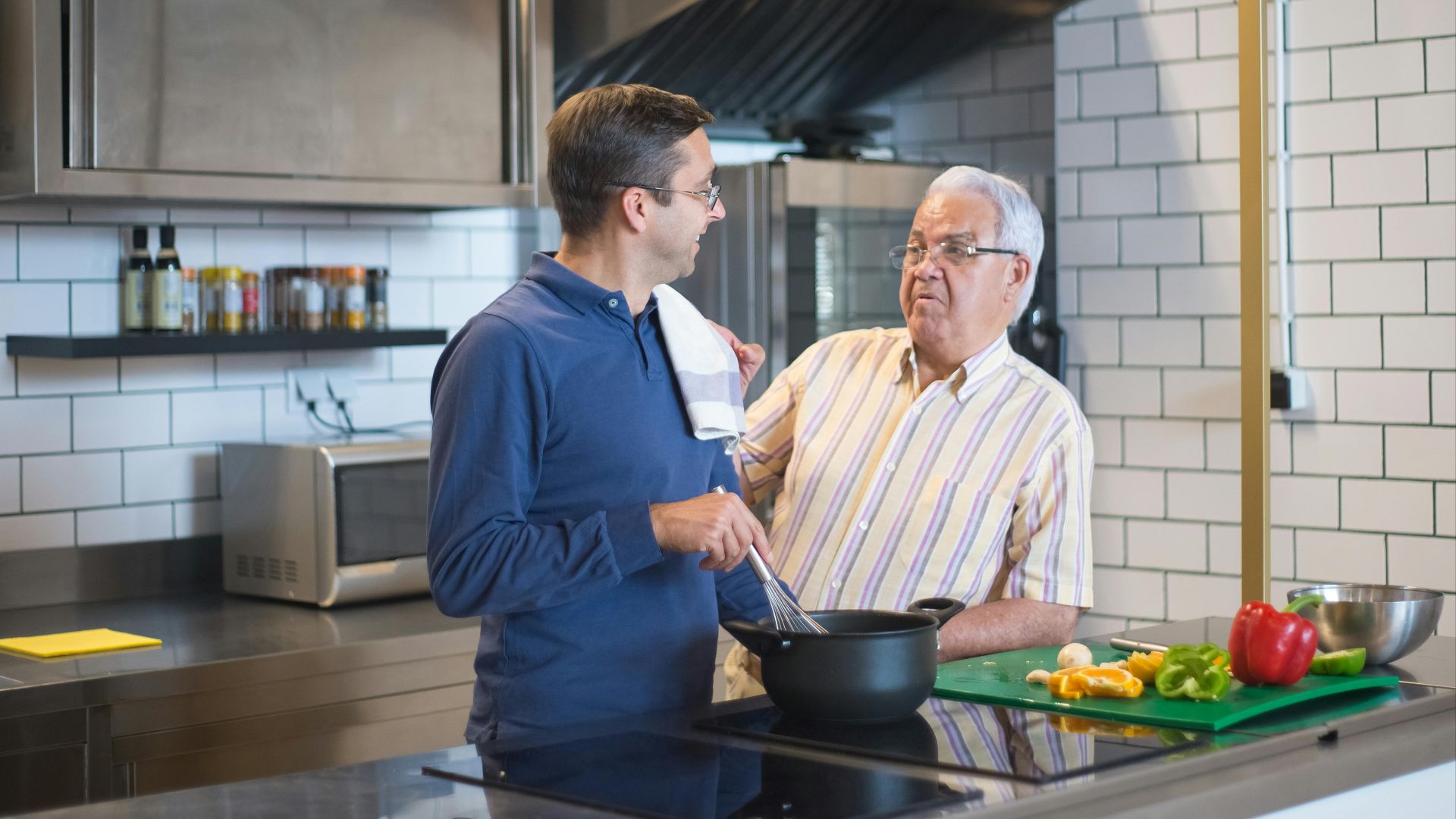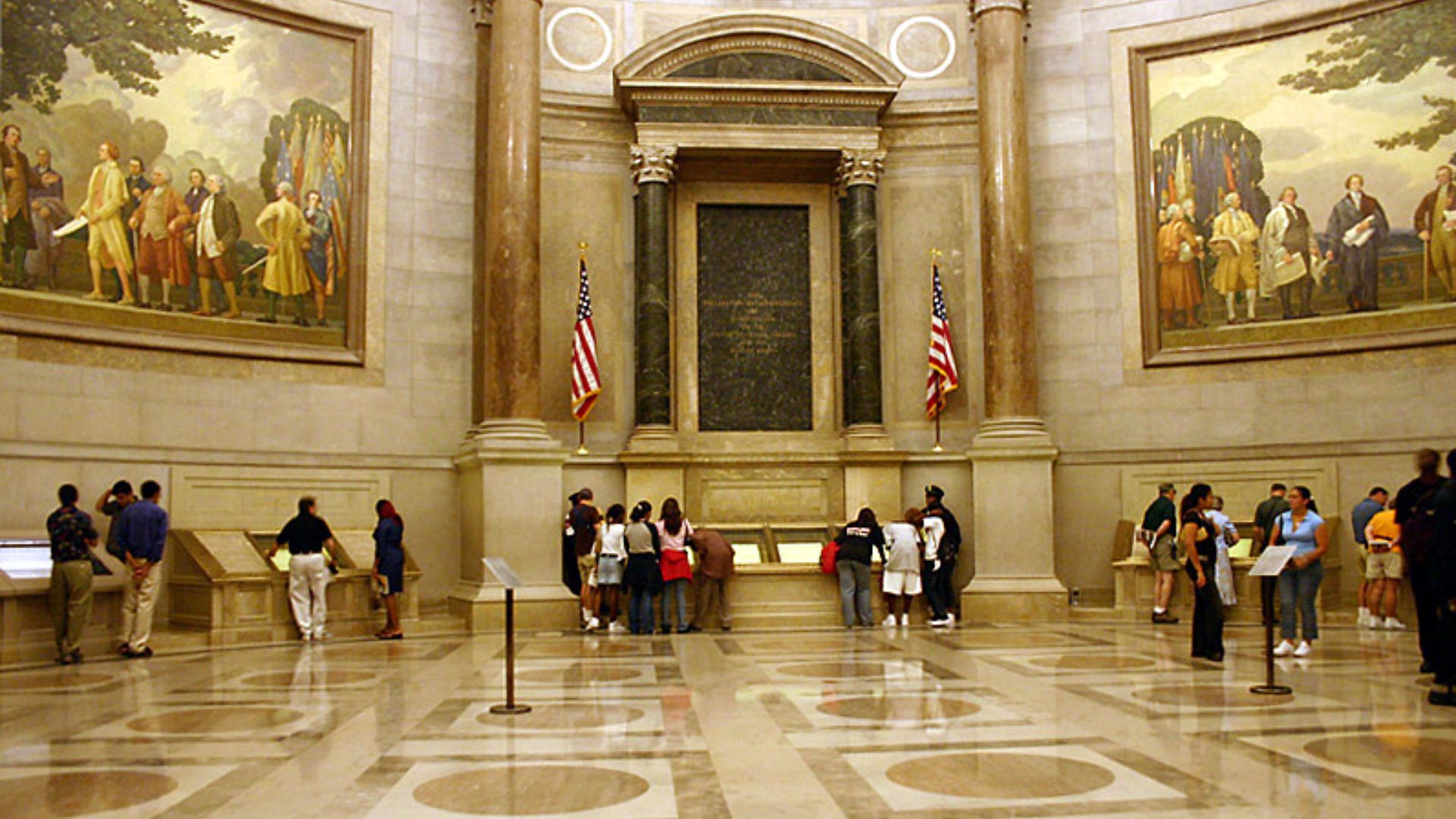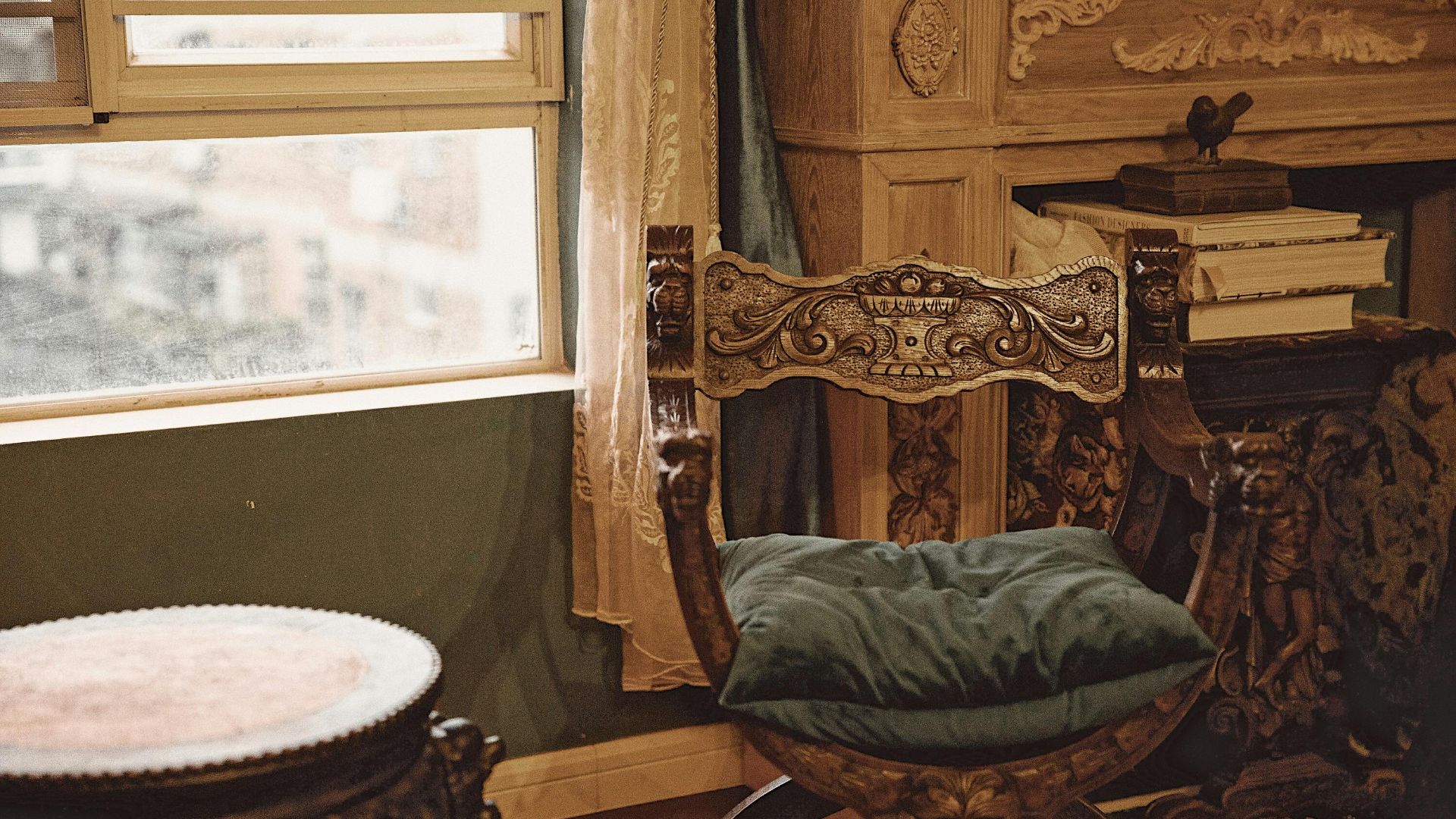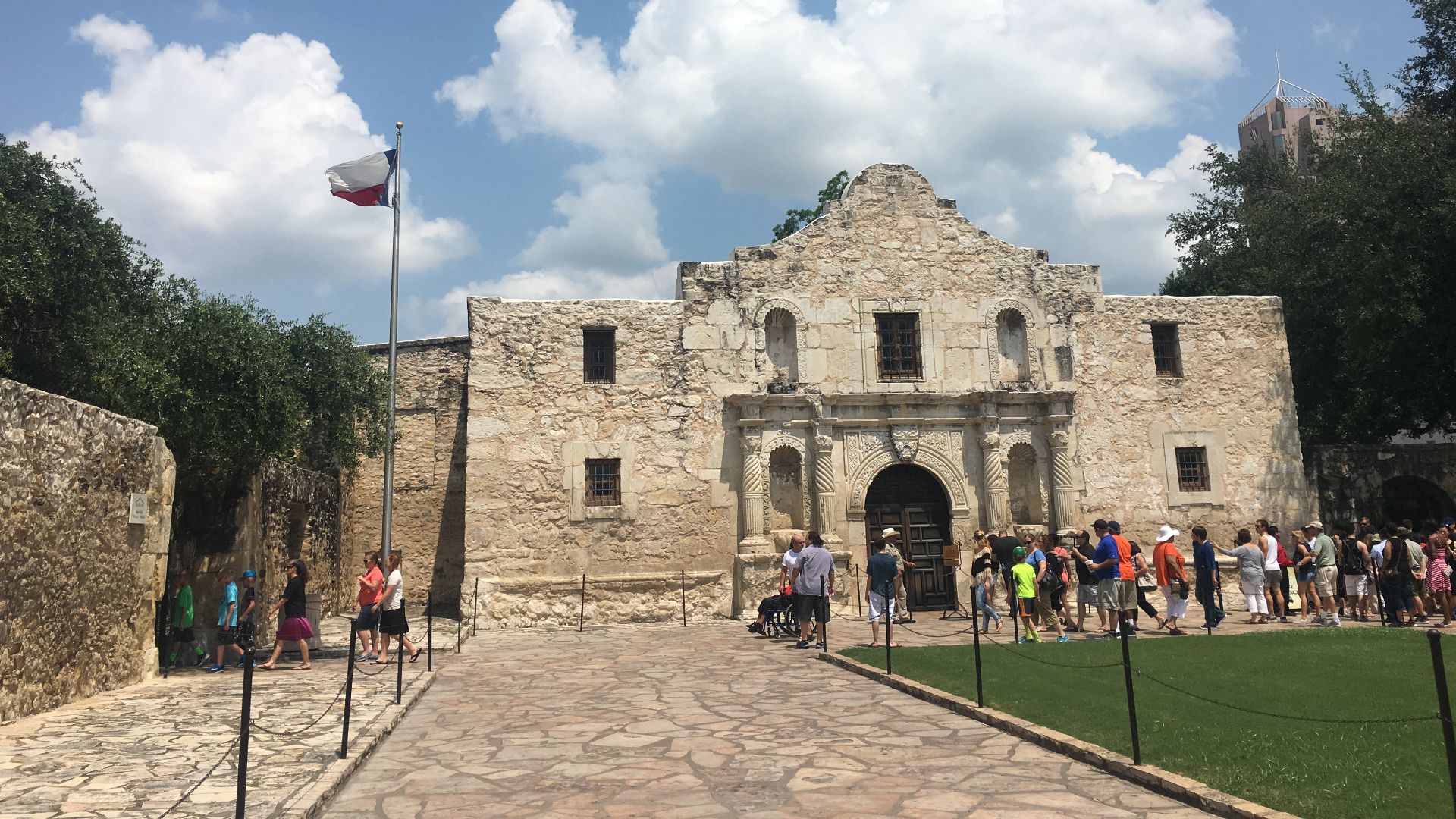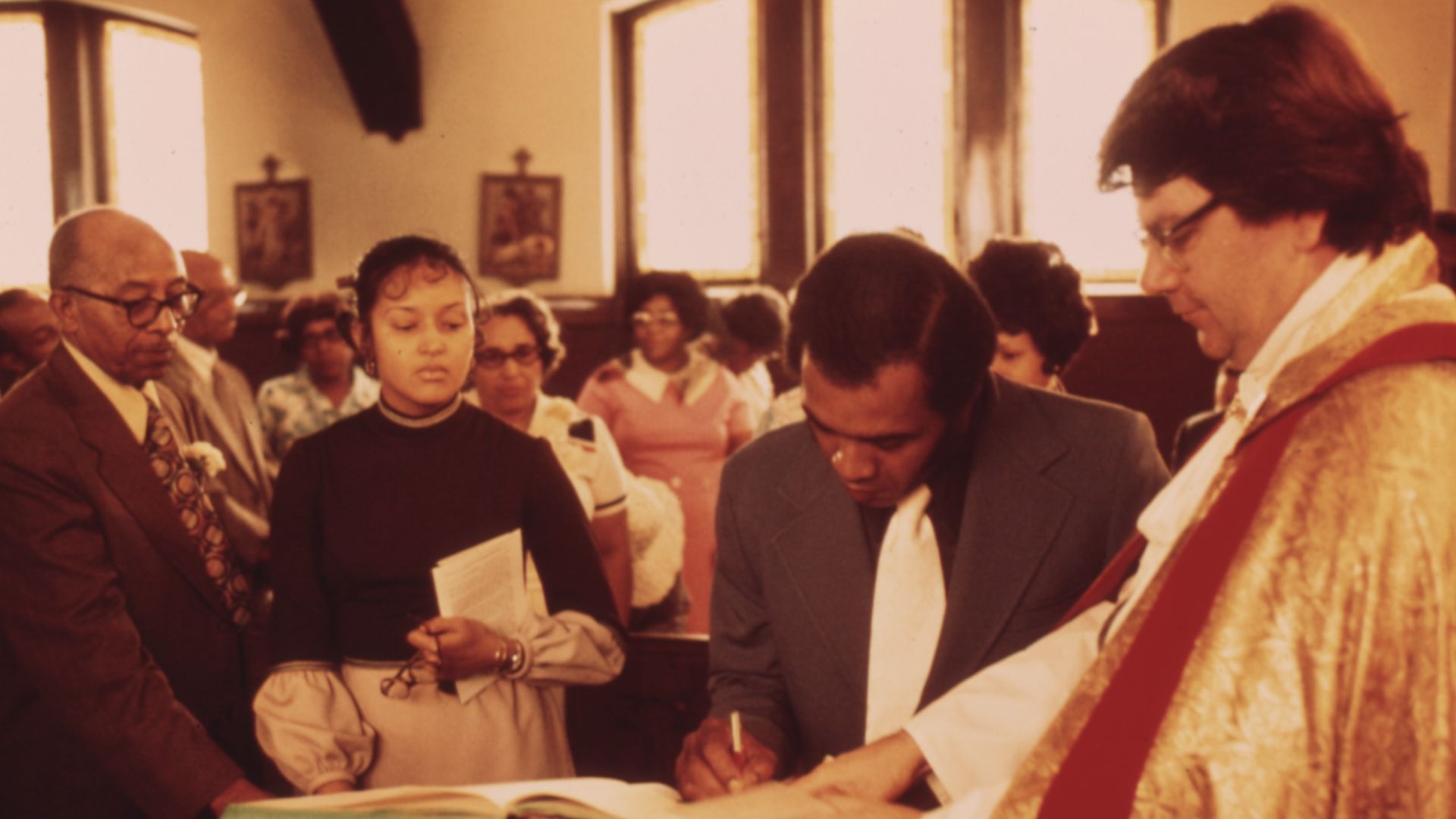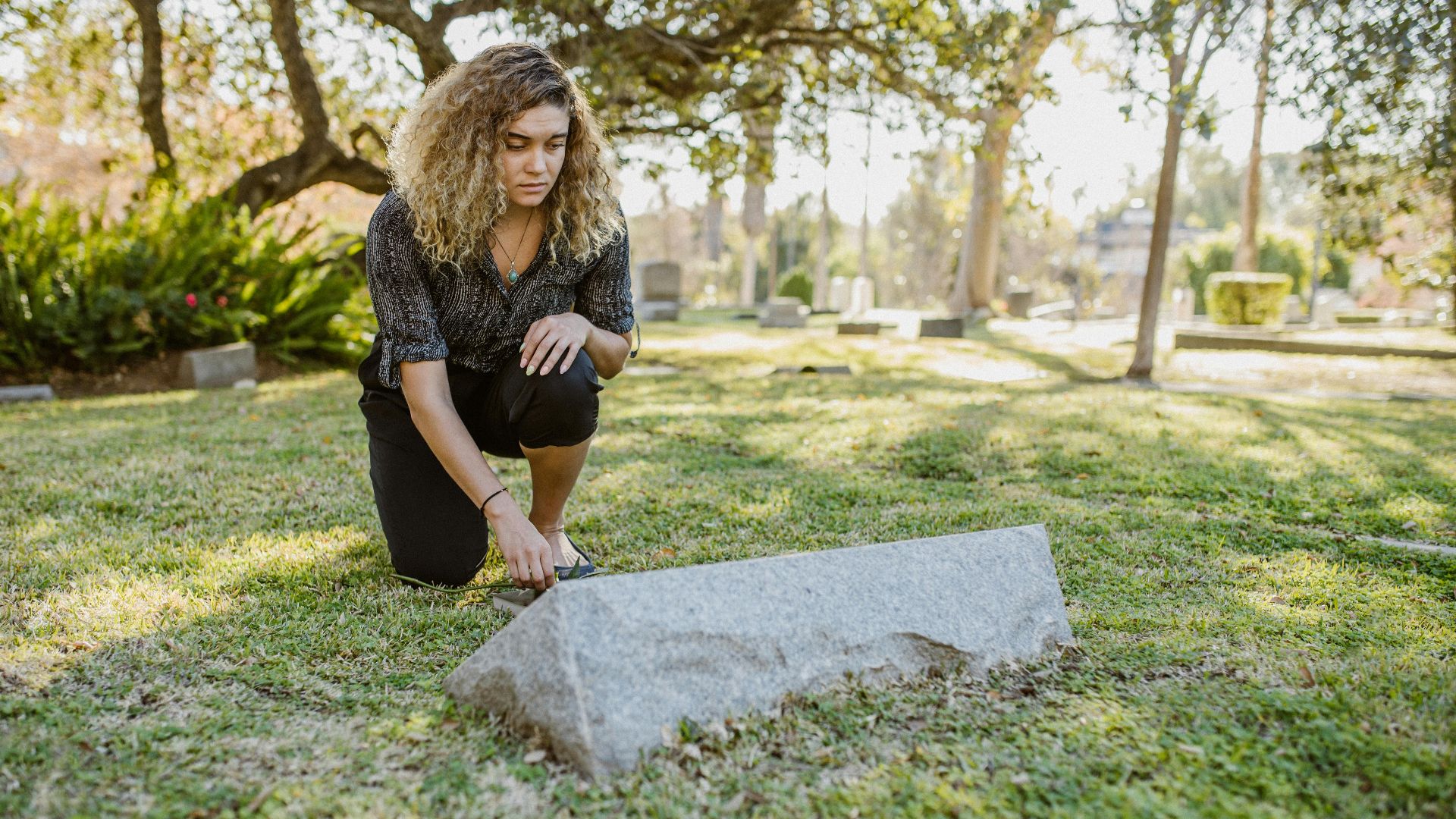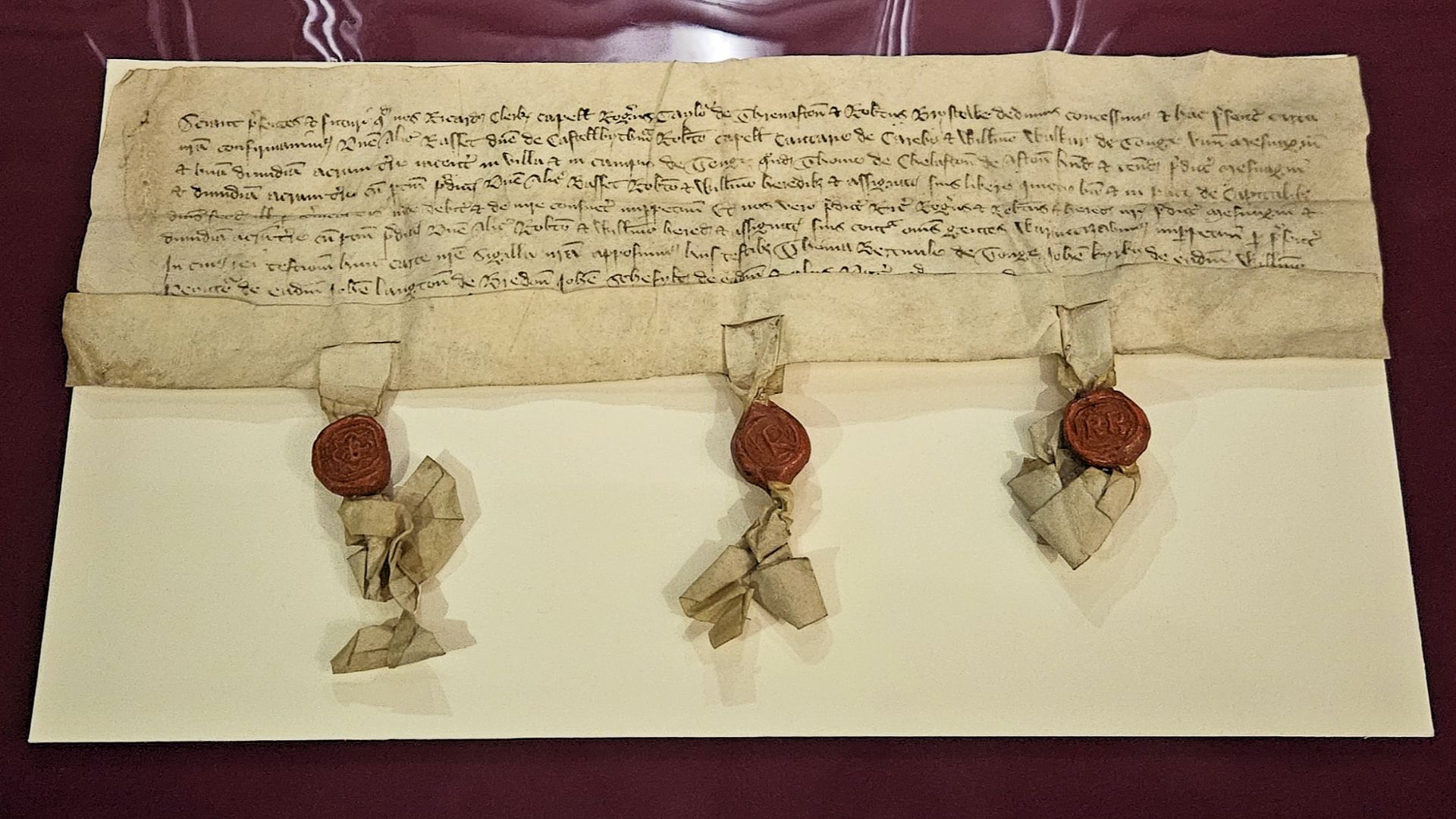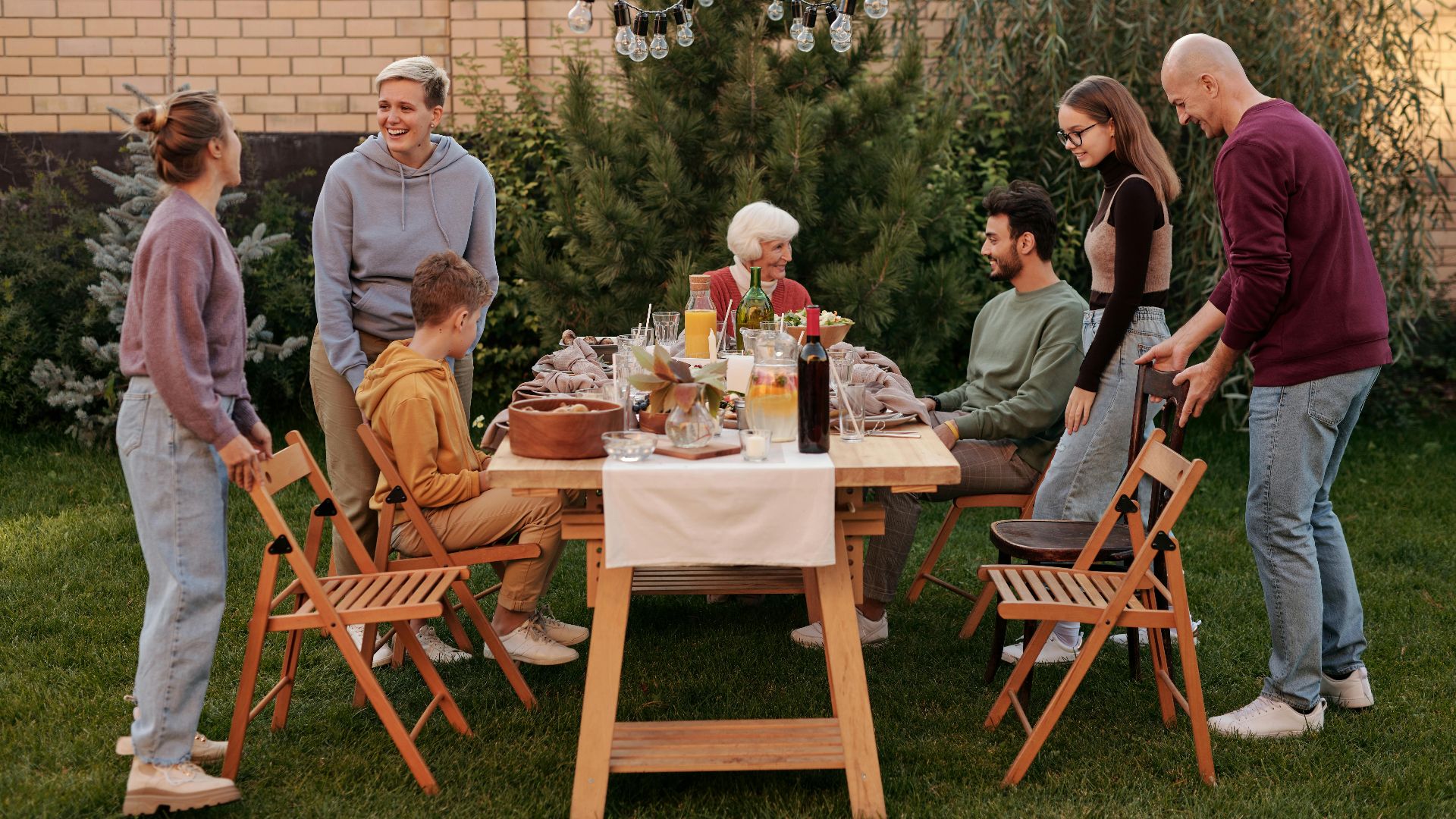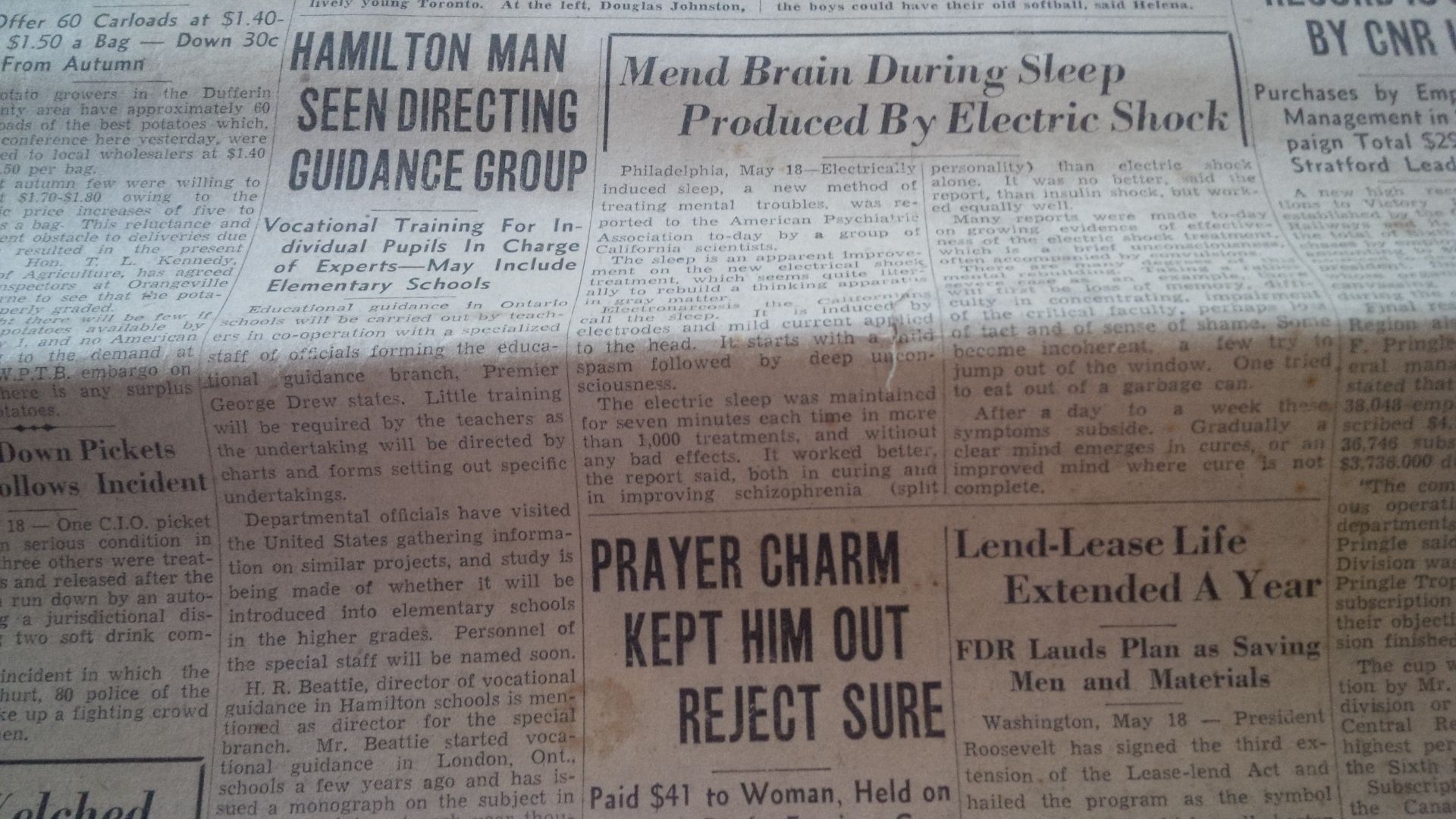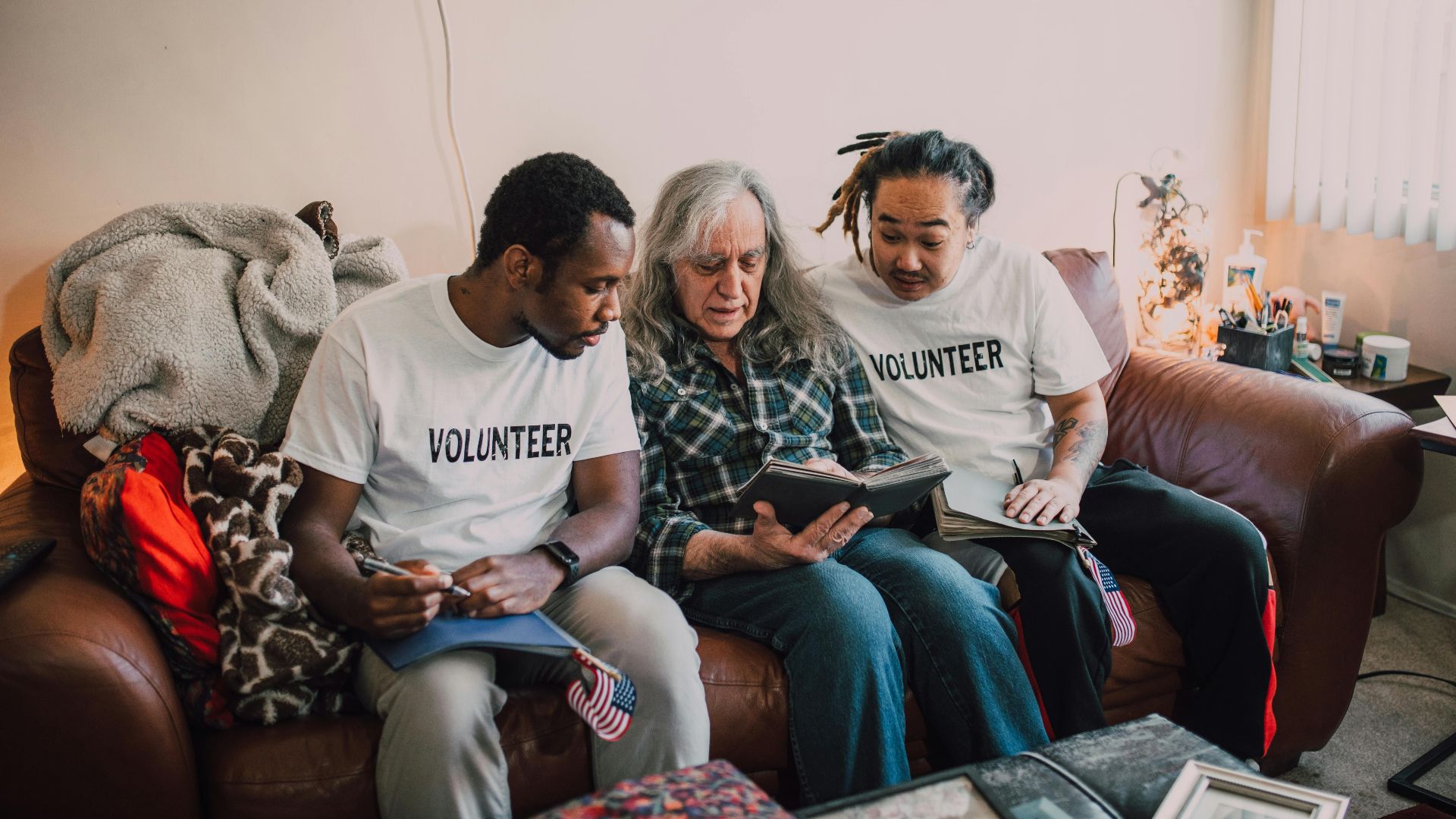Discover The Roots That Shape You
Your family history holds more than names on faded pages—it holds the laughter, struggles, and dreams that shaped who you are today. Exploring it can uncover forgotten traditions and connections that spark a sense of belonging. By learning how to trace those roots in creative and meaningful ways, you'll find so many surprises waiting for you. Keep reading for 20 engaging approaches that can bring your heritage vividly to life.
1. Trace Your Ancestry With DNA Testing
A DNA test opens a doorway to your past by identifying ethnic origins and connecting you with relatives worldwide. Services like AncestryDNA and 23andMe create detailed heritage reports. With over 30 million participants, some have uncovered links to unexpected cultures or historic figures.
2. Interview Elderly Relatives For Oral Histories
Elder relatives hold priceless memories that don’t appear in documents. By asking about their lives, you preserve stories for the future. These conversations might tell you about a long-forgotten family secret or an ancient tradition.
3. Explore Census Records For Family Insights
Census records provide fascinating details about names, ages, and occupations from generations past. The U.S. National Archives offers free access to these collections. You may find your grandparents as children or information, like whether a household served in a World War or owned a radio.
4. Preserve Family Heirlooms For Generational Ties
That quilt in the attic may have been stitched by your great-great-grandmother, and a locket could hide forgotten letters. Heirlooms such as jewelry or furniture carry these stories across time, and proper storage ensures they survive to inspire future generations.
5. Visit Ancestral Homelands For Cultural Immersion
Stepping into your ancestors' homeland makes history feel alive. Local museums and historic landmarks bring context to their world. As you walk through familiar streets or join age-old local festivals, you can learn more about the times and traditions that shaped your family's story.
6. Create A Family Tree With Archival Documents
Official certificates of birth, marriage, and death provide a framework for a solid family tree. Online tools like FamilySearch also make it easy to visualize your lineage. With enough records, you might even trace your lineage back to the 1600s. If you do, create a family tree to understand your whole lineage.
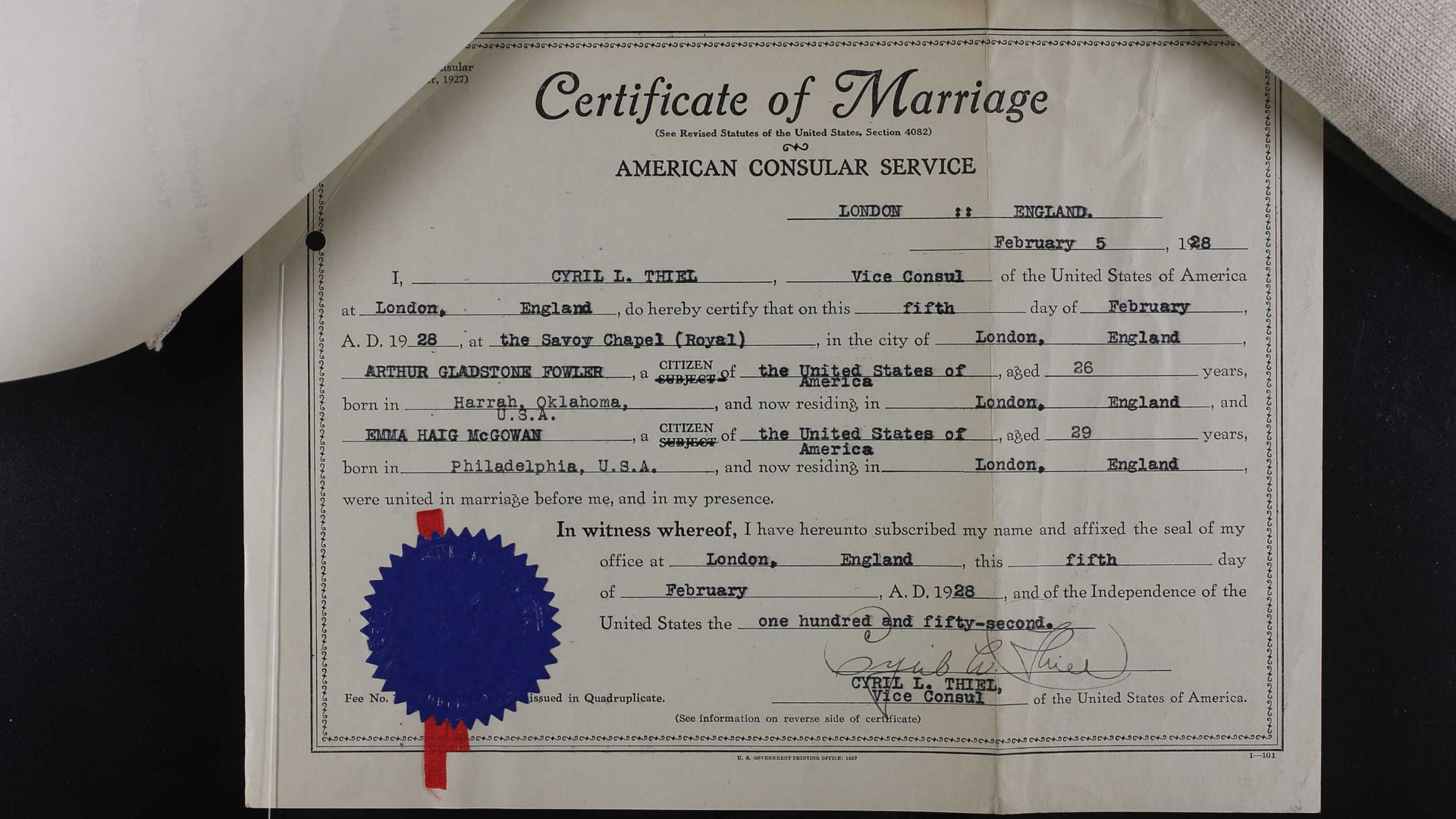 Unknown authorUnknown author on Wikimedia
Unknown authorUnknown author on Wikimedia
7. Research Immigration Records For Migration Paths
Immigration records reveal powerful migration stories and show when ancestors arrived and where they settled. Some records also share ship names or document surname changes that marked the beginning of new lives. Passenger lists also make research more accessible.
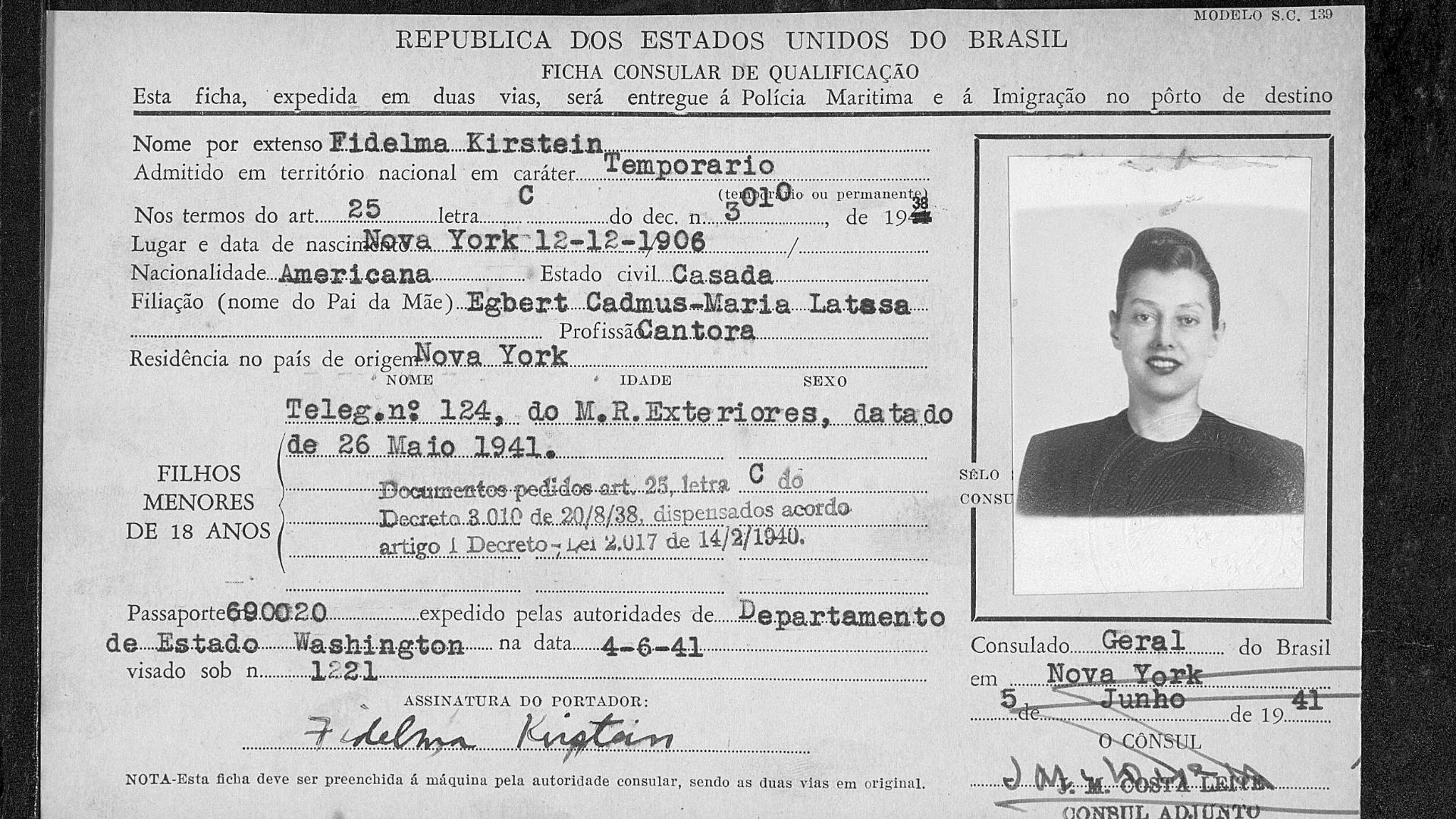 Unknown photographer on Wikimedia
Unknown photographer on Wikimedia
8. Join A Genealogy Society For Expert Guidance
At a genealogy society meeting, you could meet distant cousins or join a trip to ancestral homelands. Many societies provide access to expert researchers and curated resources. These workshops can broaden your knowledge base and help you connect with stories and people that once seemed unreachable.
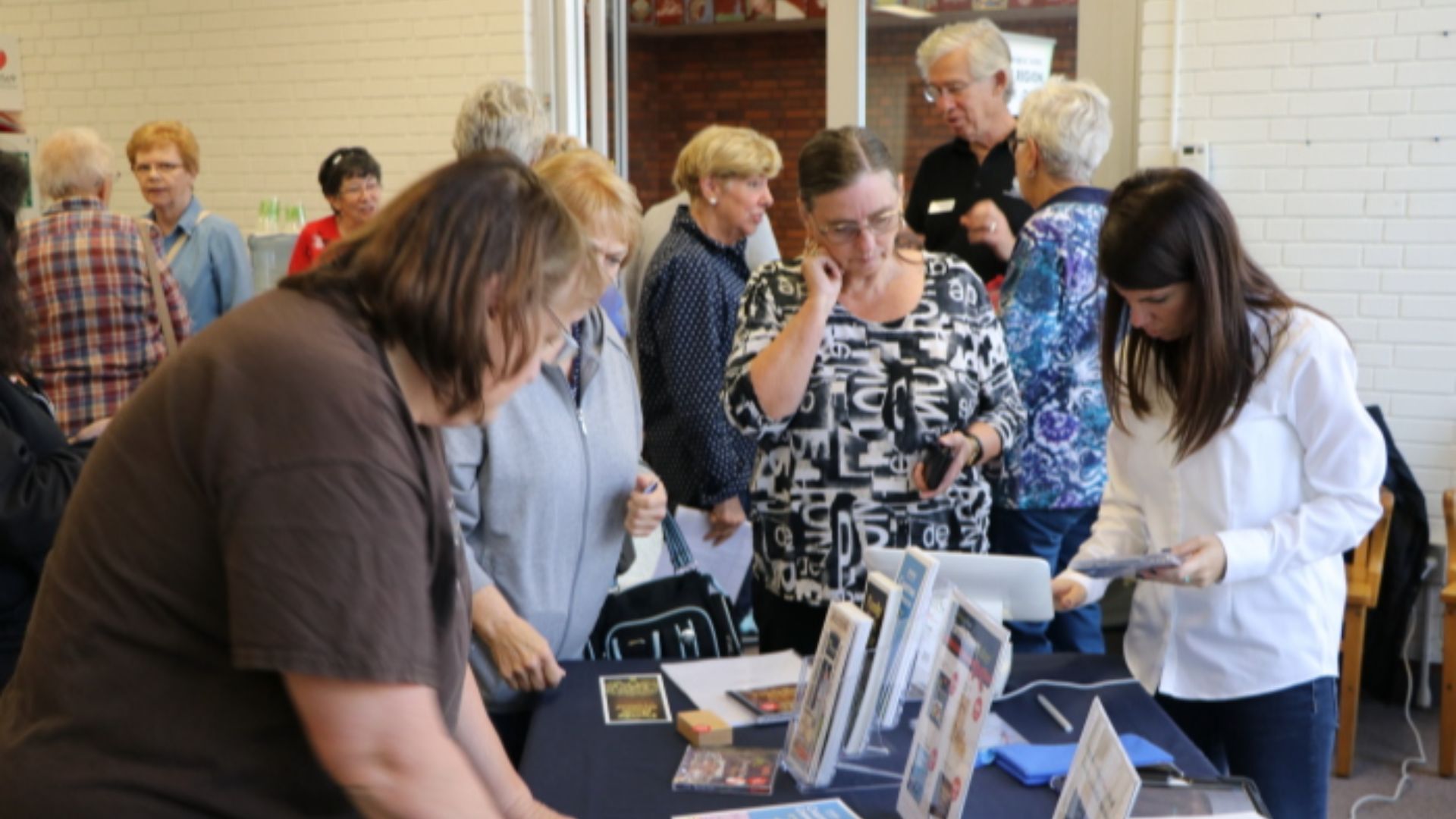 Robert Bell from Oshawa, Canada on Wikimedia
Robert Bell from Oshawa, Canada on Wikimedia
9. Search Church Records For Vital Events
You may discover an ancestor’s marriage in a grand cathedral or find a quirky note left by a pastor. Churches documented baptisms, marriages, and burials for centuries, and many denominations now share these fascinating records through digitized collections.
10. Study Old Family Photos For Visual Clues
A portrait from a century ago might reveal a striking resemblance or hint of hobbies through props like books. Beyond appearances, inscriptions and metadata confirm dates and places, offering valuable context about ancestors' lives across different times and places.
11. Learn Ancestral Trades Through Historical Guilds
Imagine discovering your ancestor was a master brewer in the 1800s. Guild records capture such trades, from tailoring to blacksmithing, and many are preserved in historical societies. Some guilds still exist today and invite curious descendants to learn those crafts firsthand.
12. Cook Traditional Family Recipes For Cultural Bonds
That soup simmering on the stove might trace back to a famine your family endured. Recipes reflect cultural identity and regional roots, and cooking them revives the daily experiences of your ancestors. Rare spices even hint at the customs they once followed.
13. Visit Cemeteries For Gravestone Clues
Symbols carved into gravestones may signal secret societies, while epitaphs sometimes reveal glimpses of personality. Cemeteries also record relationships, birth years, and death dates. Sites like FindAGrave expand your search to help you connect clues etched in stone with your wider family history.
14. Explore Land Deeds For Property History
County archives often offer glimpses into where relatives lived and the property they once called home. A land deed might tell you that your ancestors’ farm used to stand where a city park thrives now, or detail a family feud over land.
15. Host A Family Reunion To Share Stories
At a reunion, relatives exchange stories and discover connections that strengthen family ties. Planning activities such as storytelling sessions creates a space for sharing memories. You might even meet a cousin through your great-grandfather's diary.
16. Read Historical Newspapers For Family Mentions
Old newspapers recorded births, obituaries, and daily happenings. You might just find an ancestor involved in a small-town scandal or discover their wedding details. With databases like Newspapers.com archiving millions of pages, you can even see the ads showing what families once sold.
17. Learn Your Ancestors' Language For Deeper Ties
A handwritten letter in your native tongue becomes meaningful once you know the language. Today, apps and classes make learning accessible. Some phrases they spoke may still be alive, and they create a connection that unlocks cultural nuance and family identity.
18. Volunteer For A Heritage Project To Give Back
Volunteers sometimes stumble upon their own family's records while helping others. Heritage projects focus on digitizing valuable documents, making family research more accessible. Organizations like the National Genealogical Society welcome assistance, and your contribution could preserve an artifact that connects someone to their roots.
19. Join Online Forums For Genealogy Tips
A single forum post could point you to a rare family document or link you up with someone fluent in obscure records. Communities like Reddit's r/Genealogy thrive with activity, and members generously share tips, resources, and guidance that make research easier.
20. Create A Family History Scrapbook For Storytelling
These books can echo your ancestors' lives, as ticket stubs or photos bring moments back to life. Scrapbooking blends old memories with mementos, preserving family history in a collaborative way that encourages relatives to share their stories and strengthen connections.




